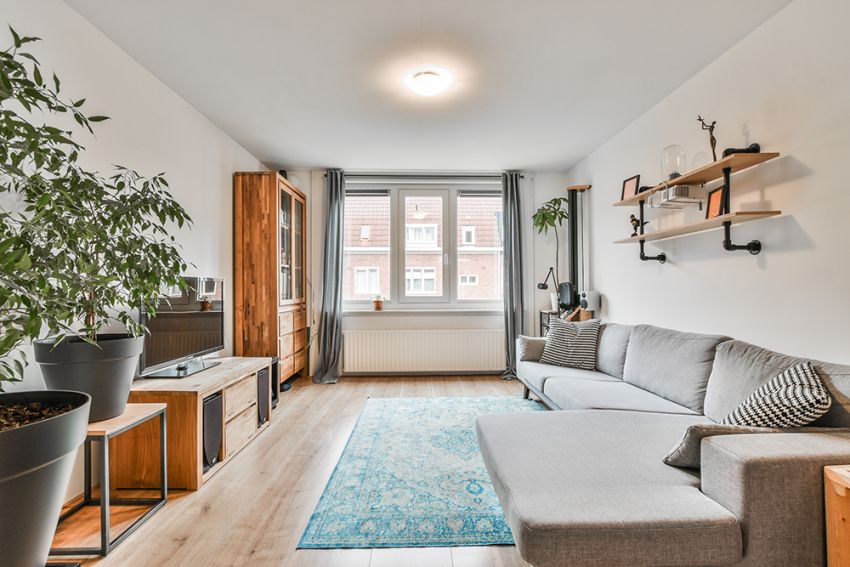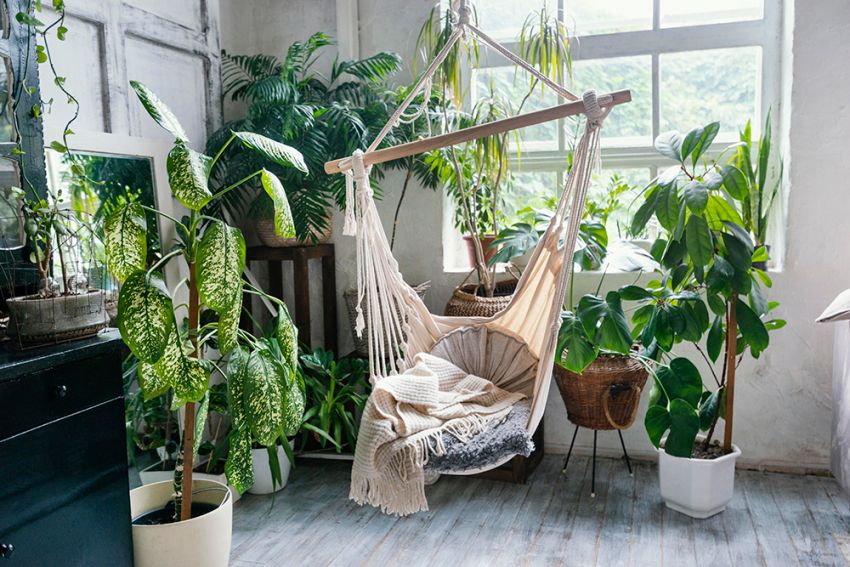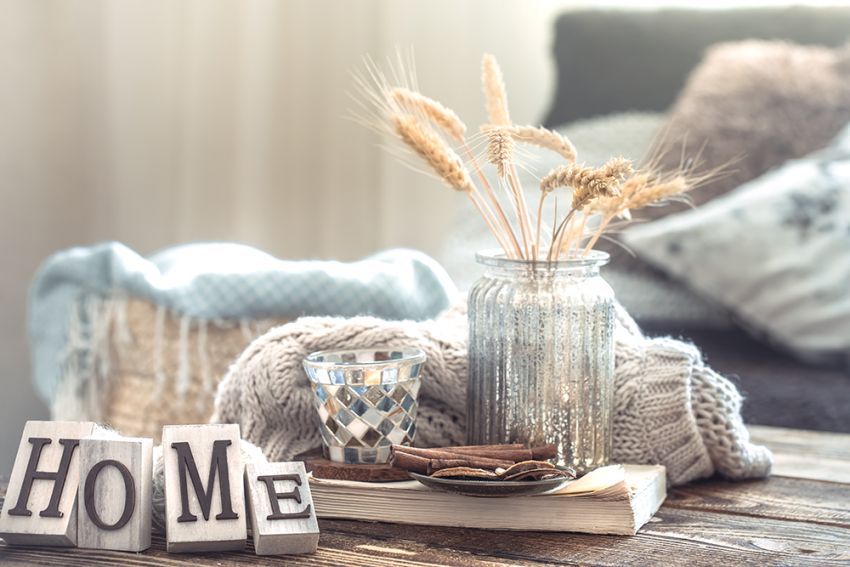In the hustle and bustle of modern life, finding moments of tranquility can feel like a distant dream. Yet, within the walls of our very own homes lies a hidden gem—a place where we can retreat from the chaos, reconnect with ourselves, and find solace in the present moment.
Welcome to the world of creating mindful spaces at home, where every element is thoughtfully curated to soothe the soul and ease the burden of stress and anxiety. This is mindfulness, a practice of being fully present in the moment, without judgment, and being aware of one's thoughts, feelings, and surroundings.
Creating a mindful atmosphere at home can have a significant impact on reducing stress and anxiety levels. Here are some ways you can bring mindful living and positively affect stress and anxiety levels.
Table of Contents: Mindful Home Décor: Reduce Stress and Anxiety with Tranquil Spaces
Calming Atmosphere
Creating a calming atmosphere at home involves selecting soft and neutral colours, maximizing natural light, and using soft and soothing lighting options with nature-inspired elements.
Incorporating soft textures, minimizing noise disturbances, and choosing artwork and decor such as artisan tile for your kitchen that evokes a sense of tranquillity can create a calming atmosphere at home with a positive impact on your mental well-being and overall quality of life.
Combining these elements allows you to cultivate a serene environment that promotes relaxation, reduces stress, and enhances overall well-being.
Natural Elements
Creating a calming atmosphere with natural elements involves incorporating indoor plants, using natural materials like wood and stone, maximizing natural light and views, adding water features, using natural textures in textiles, displaying seashells and stones, and choosing nature-inspired artwork.
Studies have shown that exposure to nature can reduce stress and anxiety levels.
These elements bring the outdoors inside, fostering relaxation and a sense of connection with nature, resulting in a more harmonious and peaceful living space.

Clutter-Free Environment
A clutter-free environment means keeping your living area organized and free from unnecessary items. Maintaining a clutter-free environment can significantly reduce stress and anxiety, as clutter can be visually overwhelming and mentally distracting.
By creating a clean and organized space, you promote a sense of calm and make it easier to focus on mindfulness and other activities that contribute to your well-being.
Personalisation & Mindfulness Practices
Personalise your mindful space with items that have sentimental value or bring you joy. Surrounding yourself with positive reminders can contribute to a more positive mindset.
Dedicate a specific area for mindfulness practices for personal reflection through journaling, meditation, yoga, or breathing exercises.
Having a designated space can make establishing and maintaining a daily mindfulness routine easier.
Go Technology-Free
Consider making your mindful space a technology-free zone. With all the constant notifications, screens, and digital distractions, finding moments of peace and clarity is becoming increasingly challenging.
Disconnecting from technology for a while could be very beneficial for our well-being. Just imagine having uninterrupted conversations with loved ones, immersing ourselves in a good book without any digital interruptions, or simply being present in the moment without the constant pull of our devices and screen time.
Remember, going technology-free doesn't mean eliminating technology altogether; it's about finding a balance and making intentional choices about when and how to use it.
Embracing technology-free time can lead to a more mindful and fulfilling home environment, allowing you to connect better with yourself and those around you.

Aromatherapy
Aromatherapy is a versatile and enjoyable practice that can be easily incorporated into daily life to support overall wellness. Whether you use essential oils through diffusers, massage oils, or scented products, aromatherapy offers a natural and pleasant way to enhance your physical and emotional health.
Additionally, you can use natural fragrances like citrus, eucalyptus, or pine to mimic the aroma of fresh air and nature indoors.
Aromatherapy can positively affect emotional well-being by reducing anxiety, improving mood, and promoting a sense of balance and harmony.
Soft Lightings
Soft lighting refers to gentle, diffused, and warm illumination that creates a cosy and relaxing ambience in a space.
Soft lighting is ideal for creating a comforting and intimate atmosphere, whether you're winding down after a long day or spending quality time with loved ones.
It not only enhances the visual appeal of your space but also contributes to a sense of tranquillity and well-being.

Breath of Fresh Air
Ah, a breath of fresh air is like a rejuvenating elixir! One of the simplest ways is to ensure proper ventilation by opening windows regularly. This allows fresh outdoor air to circulate inside and helps improve indoor air quality.
Consider adding houseplants to your living spaces. Plants beautify your home and act as natural air purifiers, removing toxins and releasing oxygen, which can make the air feel fresher and cleaner.
Comfortable seating, potted plants, and a small water feature make it a perfect spot to unwind and breathe fresh outdoor air.
Lastly, make it a habit to spend time in your outdoor space or nearby parks regularly. Whether it's reading a book, doing yoga, or simply taking a leisurely walk, spending time outdoors helps you soak in the revitalizing benefits of nature and fresh air.
By intentionally creating a mindful space at home and incorporating these elements, you can foster a positive and calming environment that supports mental well-being and reduces stress and anxiety levels.
Regularly spending time in this space and engaging in mindfulness practices can contribute to a more balanced and grounded life. Remember that mindfulness is a skill that takes practice, so be patient with yourself as you cultivate this practice in your daily life.

















